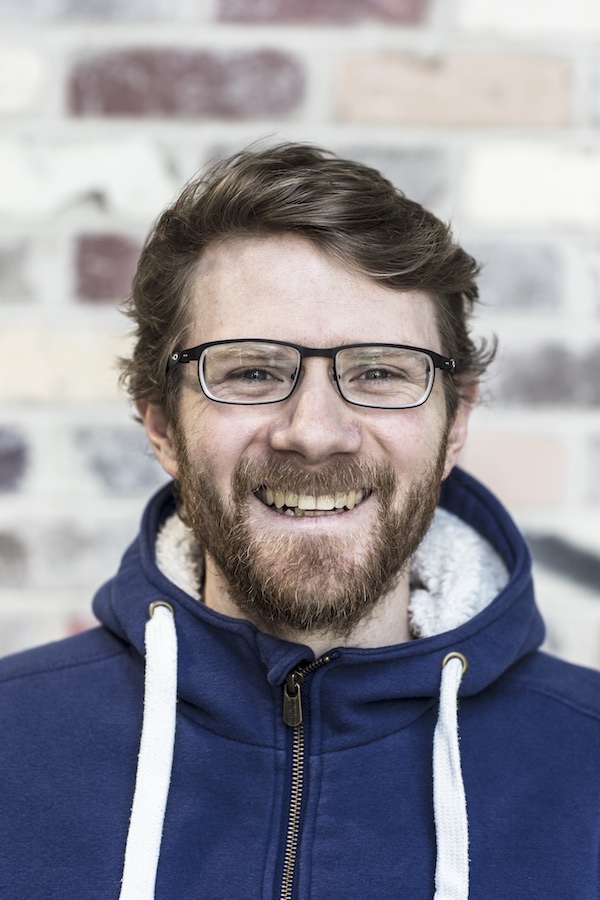Live from Agile 2013
I participated in a session by Lyssa Adkins and Michael Spayd of the Agile Coaching Institute yesterday. It was a good reminder, and provided some insightful new thoughts.
Lyssa and Michael put together the Agile Coaching Competency Framework and they are also working on the Agile Coaching Learning Objectives.
Agile Coaching Competency Framework
This is great! I know where I stand on each of these, and I know what to be looking for when hiring Agile Coaches in the future to ensure that we’ve got a balanced team.

We can’t expect everyone to be strong in every area, so how can we complement the skills of the existing team? Well, Lyssa and Michael suggest you explore your current coaching team and also what you need when you next hire. Gold.
Agile Coaching Learning Objectives
The ACLO covers the key roles: Agile Team Facilitator, Agile Coach, and Enterprise Agile Coach. When the Scrum Alliance is certifying Certified Scrum Coaches they are looking for Enterprise Agile Coaches – good to know. Find the most recent draft here.
My key takeaway from this session though was to take a facilitator class, Lyssa and Michael emphasised that this was such an important piece.
One final thought, for more on this take a look at Craig Smith’s Agile Coaching Workshop presentation.
Enjoy this? React on Twitter:
Agile Coaching http://t.co/crNC7rZMNr
— Nicholas Muldoon (@njm) August 8, 2013





Neat stuff. We did an exercise using this model in the Bay Area Agile Coaching Circle last month. Actually, what surprised me was the self-assessment of coaches in the technical sphere.
And, absolutely, focusing on improving facilitation skills makes sense if you’re a SM, PO or coach, since the role of management and leadership in agile is to enable others.
Thanks Steve. Can you recommend a facilitation course in the Bay Area?
In general, a facilitation course is going to focus on meeting facilitation, as in an off-site retreat for strategic planning, etc. Conflict resolution, policy creation and agreement, things like ‘future search’ and even Open Space are all facilitation applications and methods.
Facilitation skills in the context of an on-site agile coach (or what I would call a process consultant, or organization consultant) are similar but often the work occurs in much less formal circumstances, like in a stand-up or during conversations. It’s more of a mindset and then a way of questioning the participants to facilitate them to discover ideas and co-create or collaborate towards making conclusions.
You might be interested in the Bay Area Agile Coaching Circle, which in at least the last three months has focused exclusively on facilitation skills as a coach.